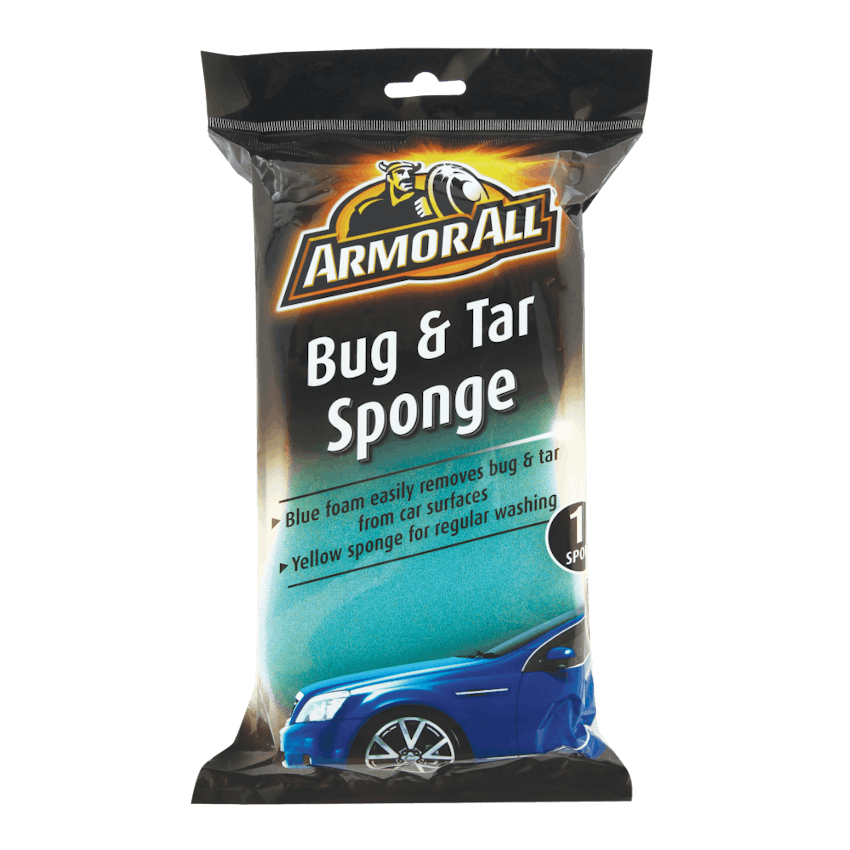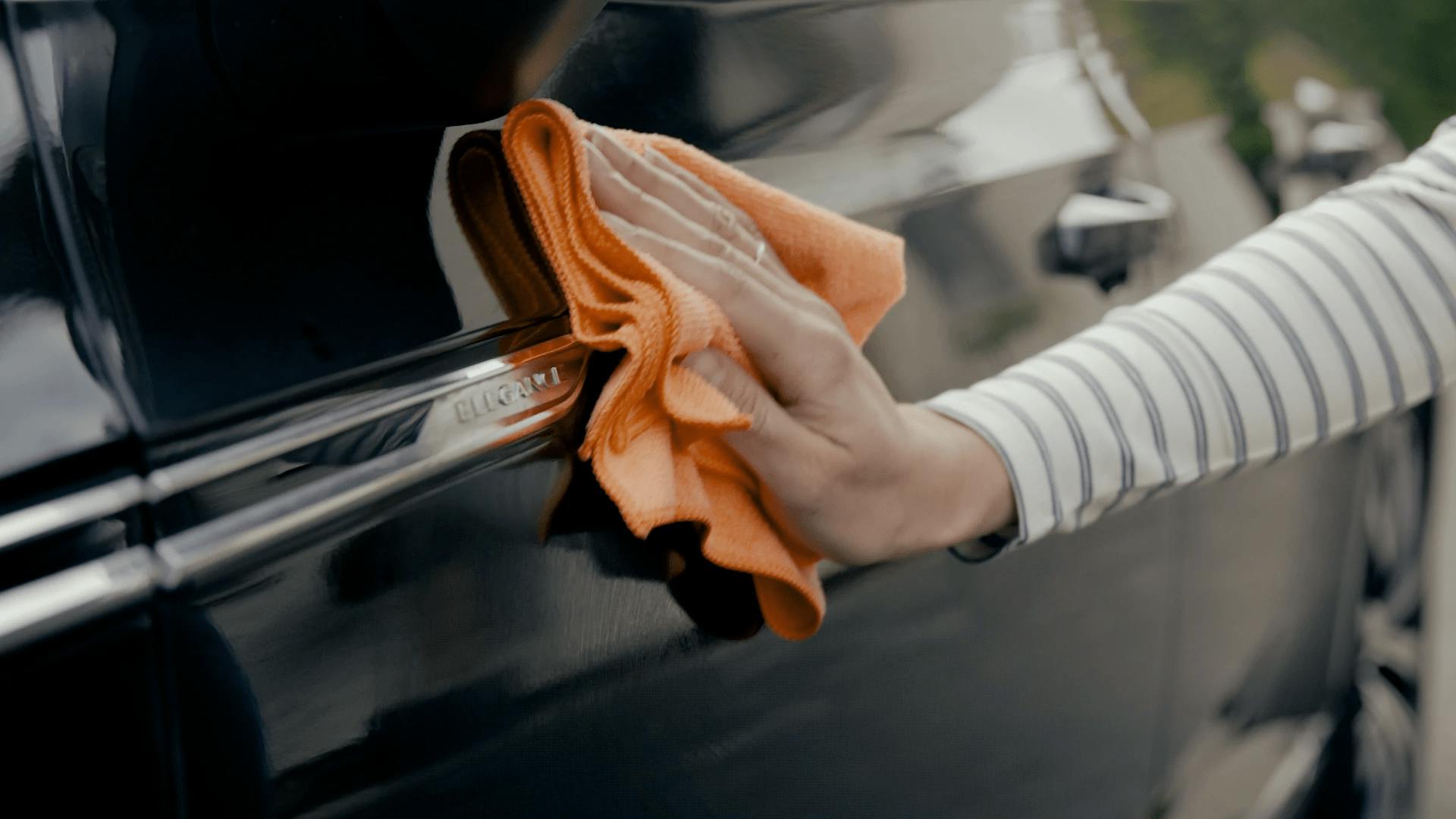Exterior Tips
How to clean car tyres and wheels

- Use specialized treatment for your wheels so as not to cause any damage to the plates.
- Wax your wheels to keep them cleaner for longer.
- A wet scouring pad can help remove tougher stains.
Knowing how to clean your car wheels and wash your tyres the right way can make a big difference to the overall look of your vehicle. Your tyres pick up the most dirt while driving. Find out the right way clean your tyres and wheels, including how to clean chrome wheels.
How to clean car wheels
Best products for cleaning car wheels
Different kinds of wheels require different treatments. Aluminium or chrome-plated wheels call for a special wheel polish tailored exactly for the material. Painted or clear-coated steel wheels are compatible with a standard auto polish product.
Try to use alkaline/basic formulas, and never use them on aluminium or damaged wheels. Follow directions on the product label, paying special attention to safety instructions (e.g. wearing goggles and gloves) and the maximum time the product can remain on the wheels without damaging them.
Many wheel cleaners include surfactants, metal chelators, and degreasers that target and dissolve road grime and brake dust. Depending on the material of your wheels, the ingredients could cause damage to your finishes, which is why should always find a cleaning solution that works for your wheels.
How to wash car wheels
Clean your wheels last, after washing the rest of the vehicle, following our step-by-step guide below:
- If your car has hubcaps, remove them and wash separately with soap and water.
- Cleaning one wheel at a time, first spray on the wheel cleaner.
- Next, clean your wheels using the tools that works best for your car. Soft wheel brushes or 100% cotton cloths work well to wipe the tyre clean. For crevices, use a soft-bristled brush.
- Finally, rinse the wheel thoroughly, then dry with a soft, clean towel to prevent water spots.
To keep your wheels clean for longer, you can wax your wheels, which will slow the build-up of brake dust and make cleaning easier. Alternatively, Armor All® Wheel Protectant helps shield from brake dust and dirt, making it easier to clean your wheels the next time you wash your car.
You may want to consider removing the wheels once a year to clean both the back and the front.
How to clean chrome wheels
When cleaning chrome, use a polish specially made for chrome on surfaces such as wheels, stainless steel exhausts, air intakes, valve covers, bumpers, and chrome accessories. If you are unsure if a surface is chrome, check with your dealer.
A polish or wax can help retard corrosion by sealing the chrome and metal to repel rain, ice, snow and road salt. Be sure to clean the surface prior to polishing to minimize the chance of scratching. Most polishes come in a paste or liquid form, but there is no inherent benefit to either. Use the form you prefer.
Use a soft, clean cloth to apply the polish, and a separate soft, dry, clean cloth to buff. Apply light pressure and work slowly — let the product do the work.
Rust is the biggest enemy to your chrome wheels and should be removed immediately. If rust is left too long, it can cause pits. Remove rust with a wet scouring pad, or No. 0000 steel wool, as badly pitted chrome needs to be replaced.
How to clean your car’s tyres
While your tyres don’t show dirt as much as the rest of your car, they pick up the most dust and grime. Keep your car looking fresh by finding out how to clean car dirty tyres and how to add your desired level of shine.
We recommend using a tyre dressing to give your tyres a high-gloss finish and protect them from damaging environmental conditions that age them. Two types of tyre dressings include tyre foams and tyre shines. Tyre foams clean and shine, while tyre shines bring a higher level of shine to clean tyres. Tyre dressings also have different finishes that are a matter of personal taste — the high-shine, wet look or the rich, black matte finish.
Do not use tyre dressings with bleach because they may make your tyres look weary and grey and can stain your wheels. Do not apply dressing to treads, as it can be dangerous when driving.
For tougher stains, such as tar, and for whitewalls, try using a wet scouring pad to clean. Regardless of the product type you choose, keep a cloth handy to wipe overspray from rims. Buffing with a cloth also allows you to customize the shine on your tyres.


















